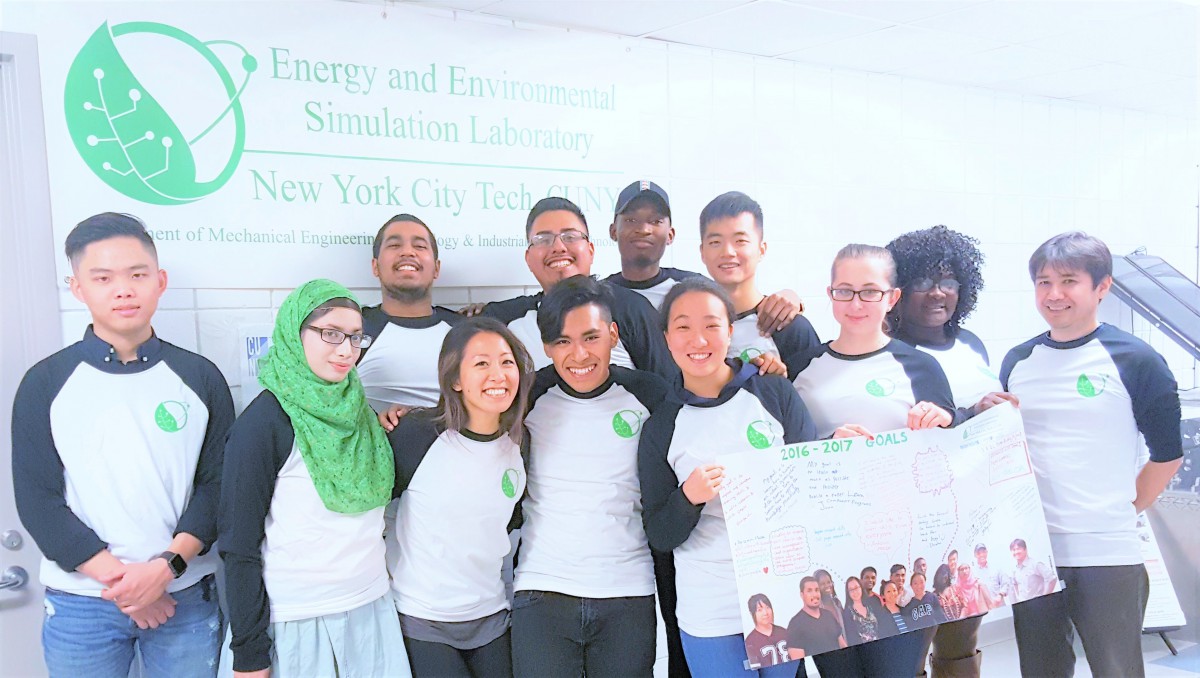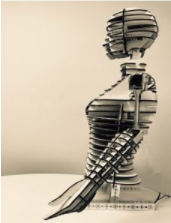
This week we’re spotlighting City Tech’s Energy and Environmental Simulation Laboratory (EESL). EESL is a research group organized by Professor Masato R. Nakamura in the Mechanical Engineering Department at City Tech. Though a research group, this group is open to anyone interested in conducting research on energy, environmental engineering and computing for sustainability. We’re spotlighting EESL’s site this week because of their clear presentation of content. EESL’s site is very easy to follow. Their site cleanly houses information on the group’s goals, work, activities and membership. Each page is organized around images, information, and links that can connect readers to more information. In addition to being easy to follow on its own, the consistency in style across pages helps the reader navigate the site more efficiently, feeling familiar on each page before taking in the content. The significance of this style of site presentation is that it is easily translatable in professional environments. In this way it offers Professor Nakamura and his colleagues a place to send other scholars and researchers if they are interested in learning more about their work. Additionally, it provides students with documentation archived chronologically overtime that speaks to – and shows – the work they’ve completed for the group. In sum, EESL is an example of site that has a strong public, professional face that can be interfaced with by an array of others – who might find the work interesting, might consider joining the group, might be assessing one of the member’s skills in relation to another position. In this way, it is an example that speaks to the reach of what OpenLab can offer its users, beyond their experiences here at City Tech.







